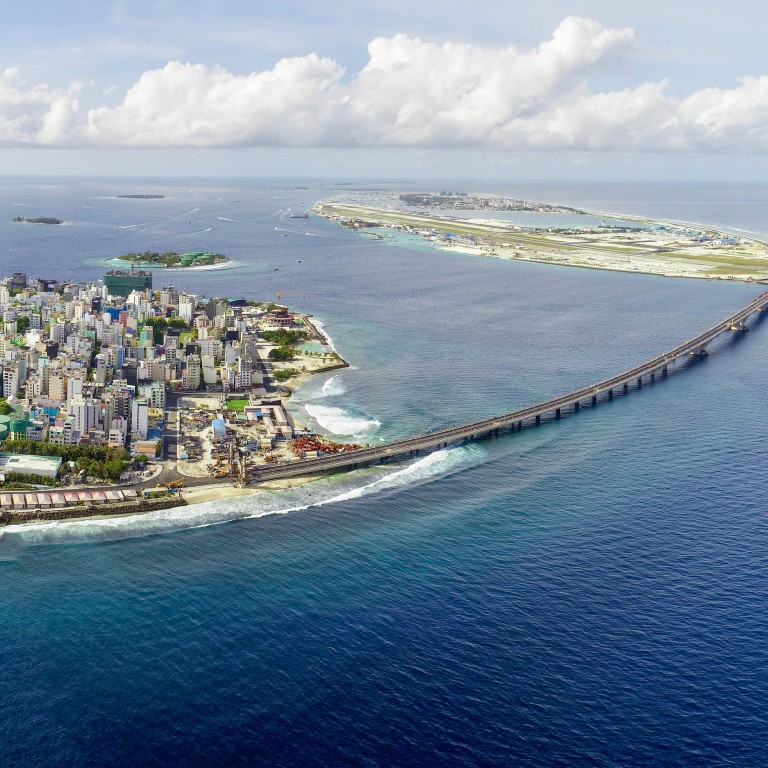
Exclusive | India and the US over China: Maldives picks a side in the Indian Ocean
- Foreign Minister Abdulla Shahid tells the Post the islands back Washington’s Indo-Pacific strategy and share India’s ‘security concerns’
- Interview comes as President Xi Jinping is in Myanmar to finalise port deal that will boost China’s presence in the Indian Ocean
That was the message from the Maldives’ Foreign Minister Abdulla Shahid, who told the South China Morning Post in an exclusive interview on Thursday that the island chain would back Washington’s Indo-Pacific strategy – widely seen by critics as aimed at containing China.
Shahid described India as a “special” friend and said the two countries had the “same needs, same security concerns” regarding China’s attempts to increase its influence in the Indian Ocean.
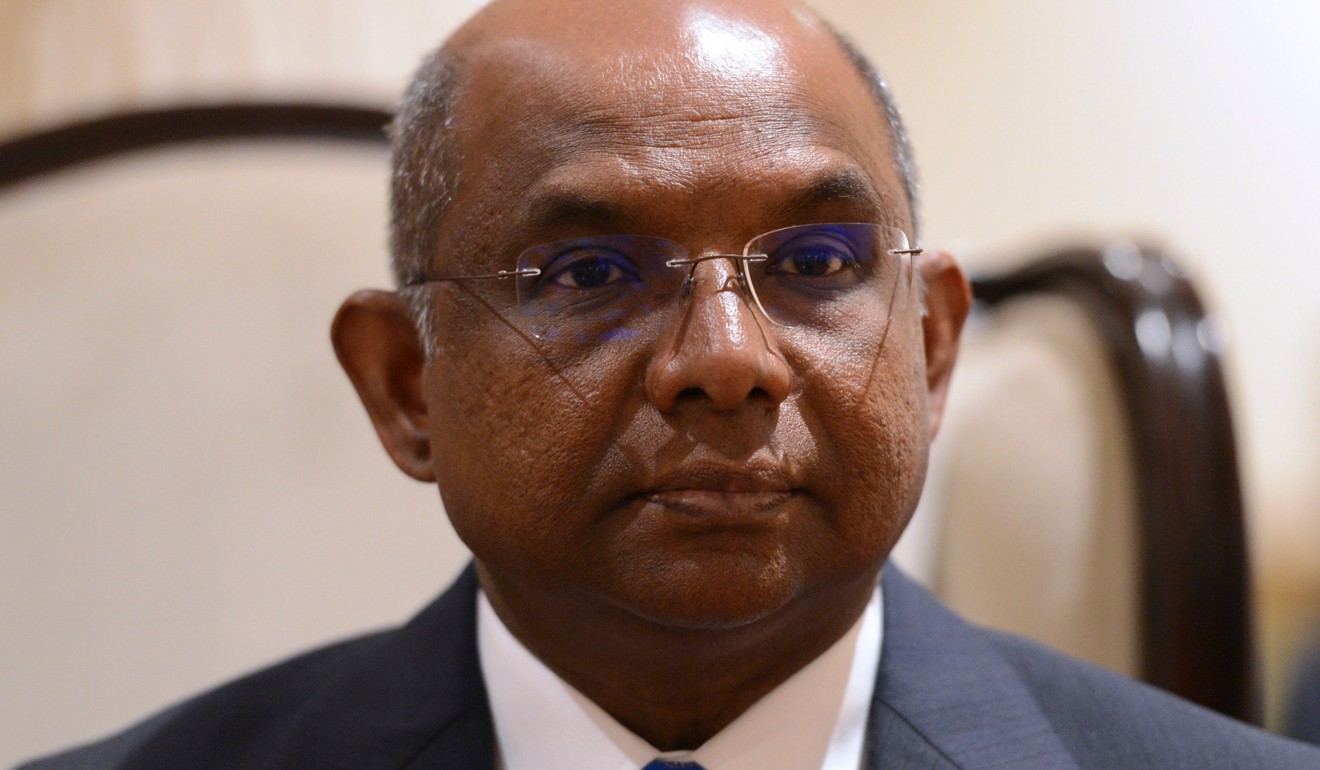
The interview with foreign minister Shahid came shortly after India’s navy chief Admiral Karambir Singh told the Raisina Dialogue, a global conference on international relations being hosted in New Delhi, that the Chinese navy’s presence in the Indian Ocean was increasing rapidly, impinging on India’s sovereignty. Singh warned such concerns would only grow in the future.
Speaking to the Post on the sidelines of the forum, the Maldivian minister indicated China would have to be content with his country’s close ties with India. While the Maldives did not want a bad relationship with China, the international community “must remember that our relationship with India is special,” Shahid said.
Chinese money, US human rights: in Myanmar’s Kachin State, a delicate balance
The minister also backed Washington’s efforts to build a coalition across the Indian and Pacific Oceans as part of its Indo-Pacific Strategy, which views China as a “strategic competitor” and a “revisionist power”.
However, he disagreed with the assessment by Russian Foreign Minister Sergey Lavrov, who had earlier told the forum the strategy was “divisive”.
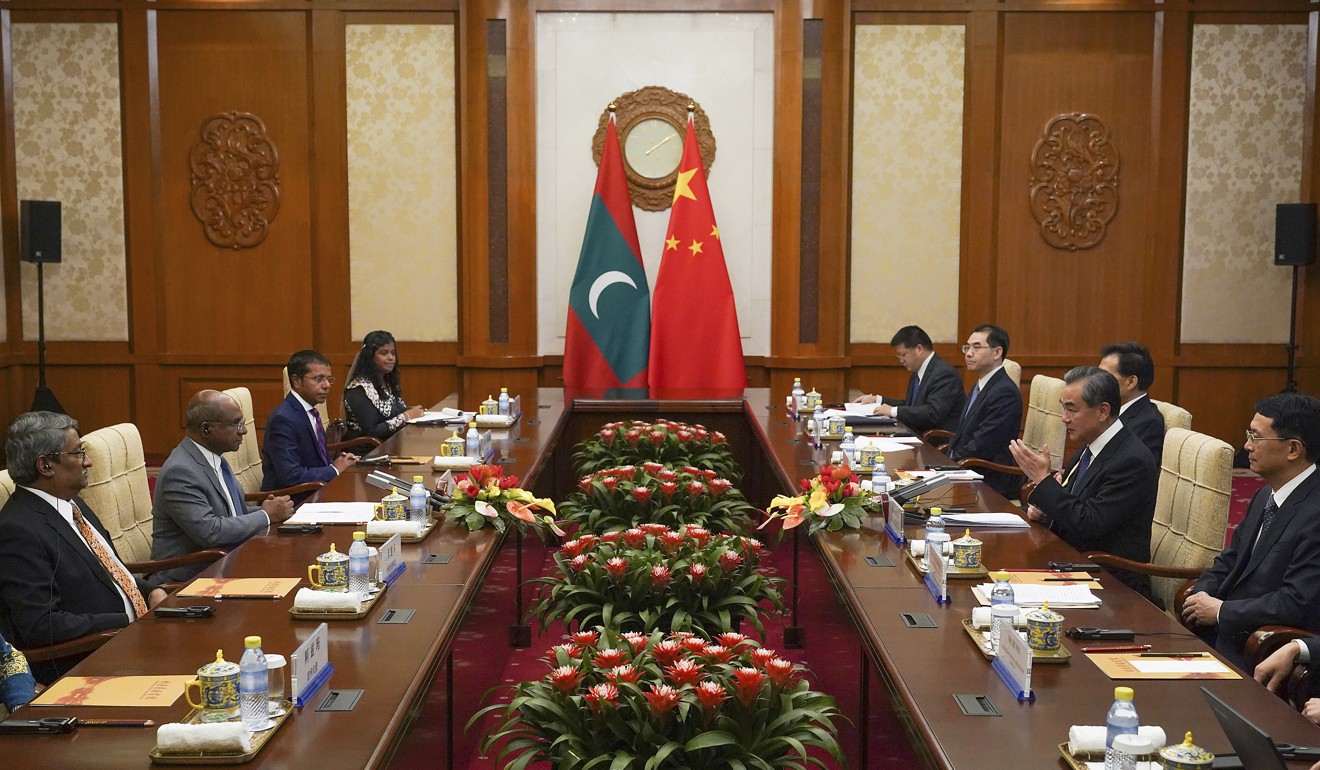
Shahid said the Maldives was “fully committed” to the US-led strategy. “It is strategic to us that there should be stability and free maritime movement in the Indian Ocean. I don’t see it as a containment of one country, it is for freedom.”
Hinting at growing Chinese influence in the Indian Ocean, Shahid said India and the Maldives were bound by security concerns. “Our relationship has bloomed not because the Maldives has understood India’s security concerns but because we have understood our own security concerns. For the Maldives, it is essential that there has to be peace, security and stability in the Indian Ocean. It happens to be the same for India.”
In Maldives, India’s Modi sees the glint of a Chinese pearl
BALANCING ACT
Shahid’s words are significant because the previous Maldivian administration, led by President Abdulla Yameen, was perceived to lean heavily towards China.
China sees the Maldives, an archipelago of more than 1,200 islands spread over 90,000 square kilometres and a key point on global shipping routes, as a node in its ‘String of Pearls’ strategy to project power into the Indian Ocean.
Part of that strategy is to create ports in nations across the ocean, from Gwadar in Pakistan, Hambantota in Sri Lanka, Chittagong in Bangladesh to the proposed Kyaukpyu port in Myanmar, where President Xi is on a two-day visit.
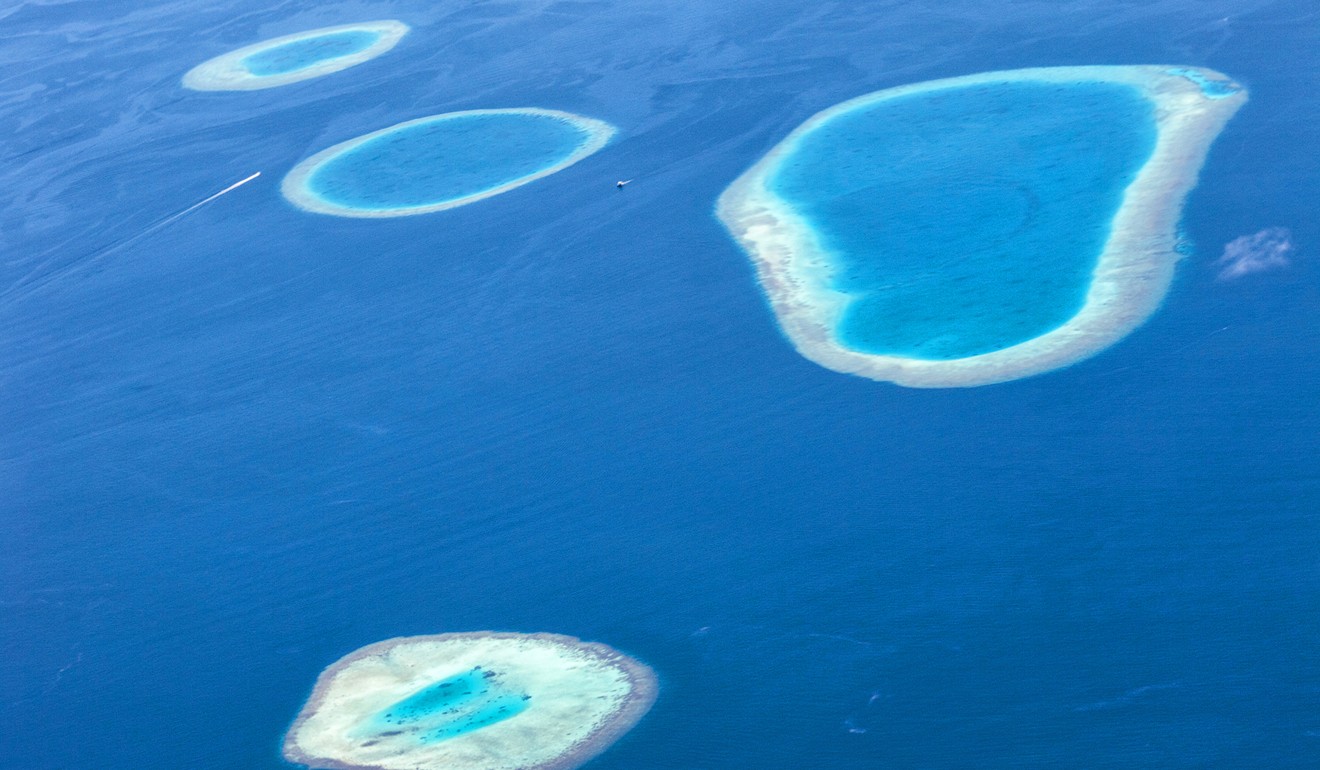
During the Yameen administration, Beijing made large investments in infrastructure, signed a free-trade deal and agreed to establish an observatory. The observatory deal raised India’s hackles as it effectively gave the Chinese an entry point into Indian waters.
However, this growing closeness to China came in for fierce criticism from the Mohamed Nasheed-led opposition during the 2018 presidential elections which Yameen lost.
Shahid’s words offer an insight into the thinking of the present administration of President Ibrahim Mohamed Solih.
“During President Yameen’s administration relations with India and the rest of the world hit rock-bottom. He tried to play India and China against each other, in a childish manner, like you see in a school backyard.”
Shahid said the present government was yet to take a final call on the fate of China-Maldives free-trade agreement signed under Yameen.
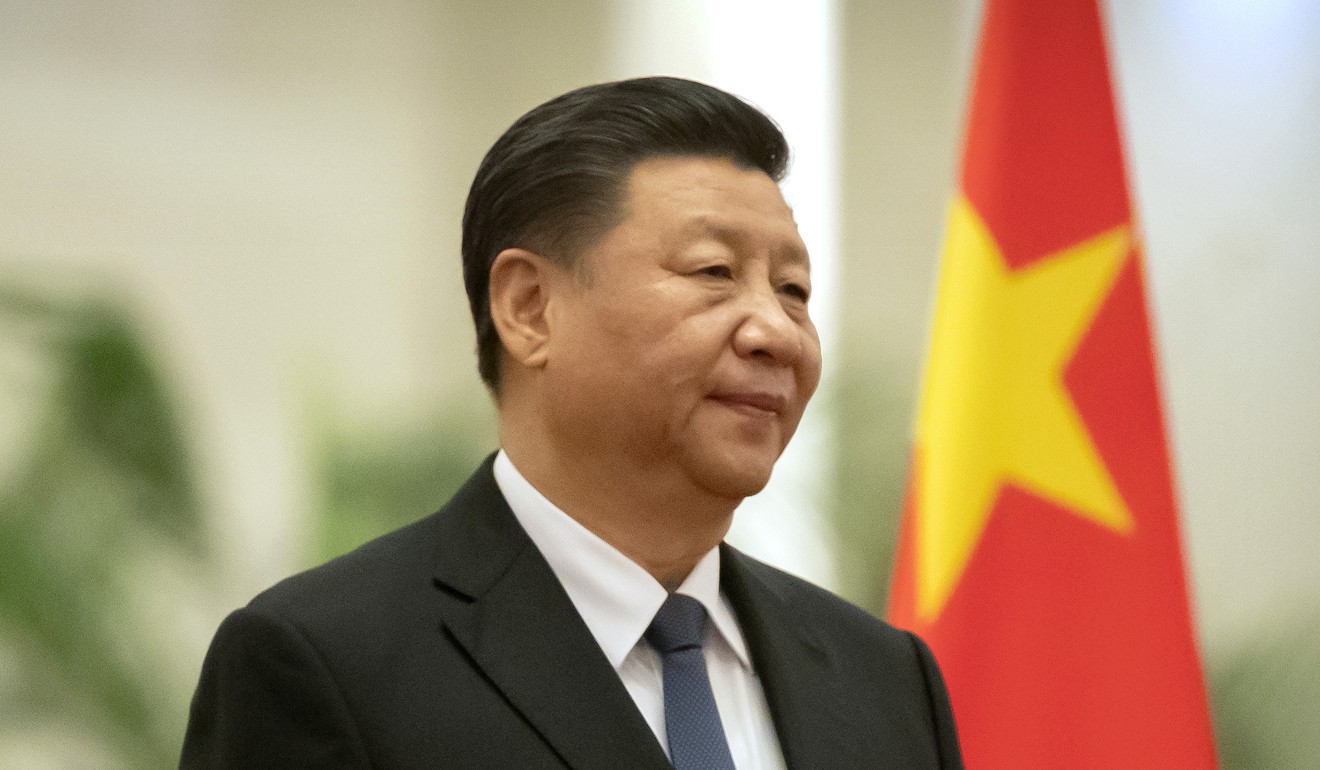
Last month the former president Nasheed claimed the agreement was “dead”, prompting criticism from the Chinese envoy to the Maldives.
Shahid was more diplomatic. “The free-trade agreement has not yet been ratified,” he said. “The Yameen administration rushed it through Parliament and we, in the opposition, could not go through with it. Hence, we want to review it before commenting on it.”
Shahid added that while the Maldivian government would continue to pursue strong ties with China, the relationship would “be based on mutual respect, respect to sovereignty, territorial integrity and respect of international law”.
At the same time, Shahid stressed his country’s relationship with India was “special”. He said that while China’s contributions to the Maldives should not be overlooked, “India is the only country which can, in times of crises, immediately come to our assistance, be it during the 1988 terror attack, the 2004 tsunami when India rushed in with essential supplies, or even the 2014 fire in Male when the city ran out of drinking water.
“I am sure we don’t even need to tell others countries, they see it that we are next to India.”

